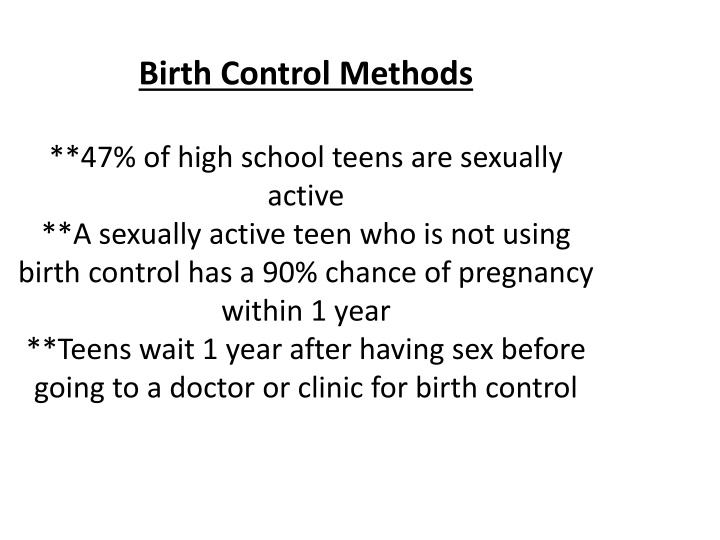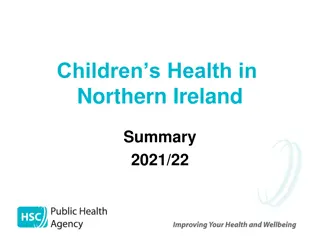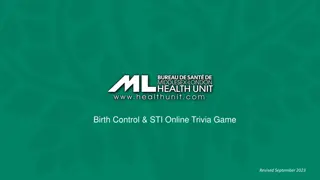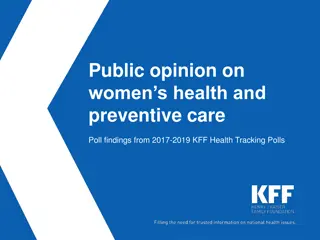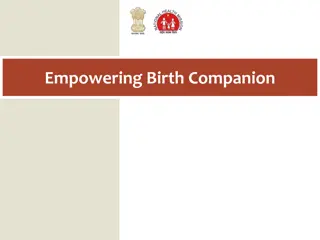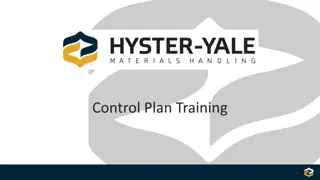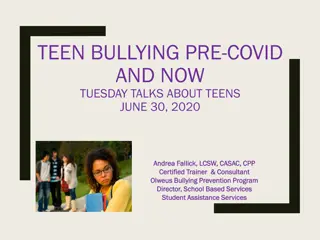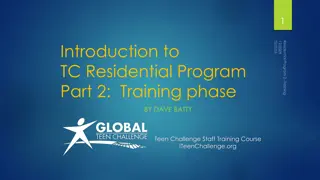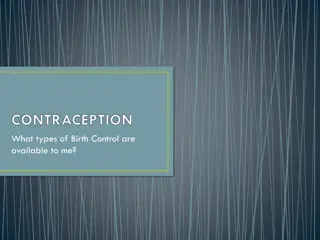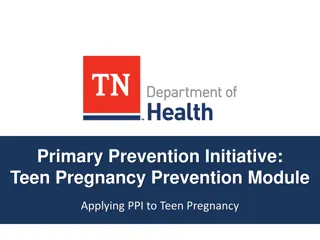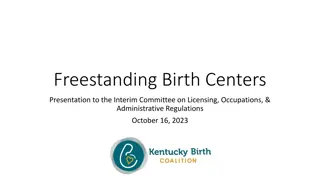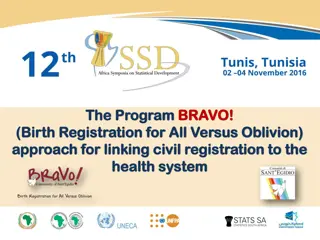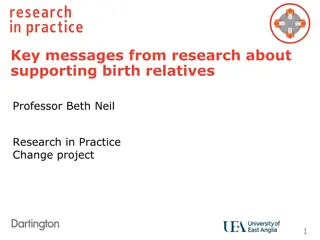Teen Birth Control Methods
Various birth control methods for teens, including natural, over-the-counter, barrier, and prescription options. Learn about the effectiveness of abstinence, withdrawal, male and female condoms, and prescription pills. Understand the importance of safe sex practices and STI prevention in teenage sexual health.
Download Presentation

Please find below an Image/Link to download the presentation.
The content on the website is provided AS IS for your information and personal use only. It may not be sold, licensed, or shared on other websites without obtaining consent from the author.If you encounter any issues during the download, it is possible that the publisher has removed the file from their server.
You are allowed to download the files provided on this website for personal or commercial use, subject to the condition that they are used lawfully. All files are the property of their respective owners.
The content on the website is provided AS IS for your information and personal use only. It may not be sold, licensed, or shared on other websites without obtaining consent from the author.
E N D
Presentation Transcript
Birth Control Methods **47% of high school teens are sexually active **A sexually active teen who is not using birth control has a 90% chance of pregnancy within 1 year **Teens wait 1 year after having sex before going to a doctor or clinic for birth control
Contraception Methods Natural Over The Counter Barrier Prescription
Natural Methods Abstinence: 100% Effective What is abstinence? No sexual contact The big 3 -Oral Sex -Vaginal Sex -Anal Sex
Natural methods Withdrawal- % varies, not an effective method due to the fact that pre-ejaculation contains sperm and STI s
Over The Counter and Barrier Methods Male condom (Barrier)- 86%-97%- Latex, plastic, lambskin- lambskin offers no protection against STI s Improper storage and user error are the major reasons why condoms can fail
FEMALE CONDOM (Barrier) About 95% effective a barrier method Made of polyurethane (16.5 long) LATEX FREE One time use Can be inserted prior to sex Should not be used together w/ a male condom Spermicidal or lubricant can be used Provides protection against HIV & other STI s
Prescription Methods Pill-95-99% effective 2 types: (estrogen/progesterone) or Progesterone (mini-pill) Need to take pill every day No prevention of STI s Less effective when taking antibiotics-or when experiencing diarrhea, vomiting
The Pill Low dose of hormones with giving few side effects If it contains both estrogen & progesterone- thickens mucous around ovaries, fallopian tubes and cervix blocking the release of eggs from ovaries (ovulation) Minor side effects: nausea, headaches, sore breasts, weight gain, irregular bleeding, depression (usually lessen in 2-3 months)
The Pill Benefits: regular & lighter periods, less menstrual cramps & PMS, lower risk of ovarian & endometrial cancer, helps w/ acne, enlarged breasts +/- ????? Users should not smoke Risks: increase risk of heart disease/high BP/no STI protection
Emergency Contraception\Plan B 75-89% effective Emergency contraception, not to be used as a daily method/ won t work if you are already pregnant Used when unprotected sex has occurred or the pill was not taken properly 2 doses of hormone pills are taken 12 hours apart Effective up to 72 hours after unprotected sex
Sterilization 99.9% effective Surgery for men and women Low reversal rates Much easier and less invasive when man gets a vasectomy, compared to a woman having a tubal ligation
ABSTINENCE IS SO MUCH EASIER AND LESS COMPLICATED THAN ANY OF THOSE METHODS PLUS IT S FREE!!!
